History sheds little light on Yevgeny Prigozhin affair
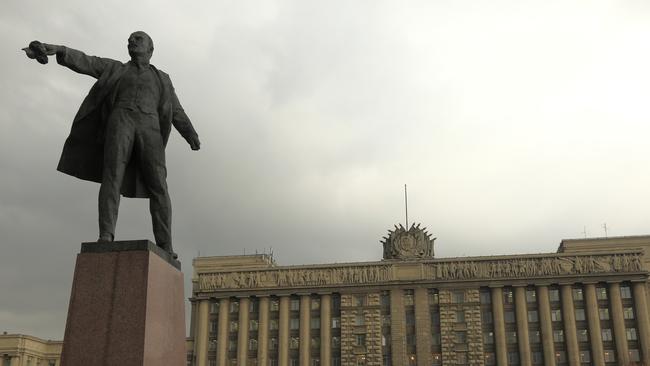
Vladimir Putin spoke of 1917, when Russia’s last tsar fell. Others evoked the subsequent civil wars when competingstates and statelets competed over the spoils of the Romanov empireand warlords laid waste to its lands. Some reached for 1991, when an incompetently led coup against Mikhail Gorbachev failed but ushered in the end of the Soviet Union a few months later.
To me, the episode most resembled the 1917 Kornilov affair, another aborted coup by a war lord with a dedicated following of armed men, which fizzled out in a similarly unspectacular way.
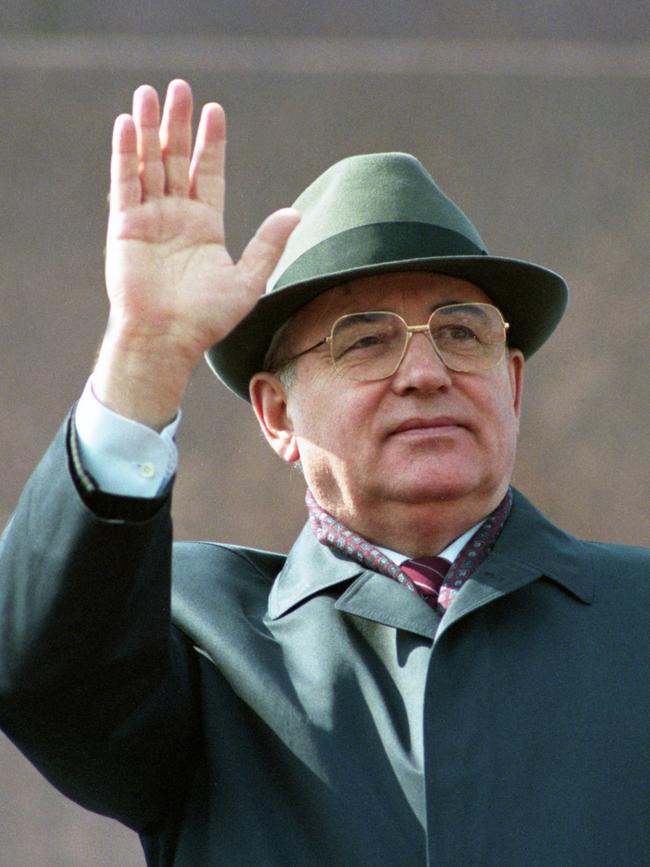
Historians to this day puzzle over Lavr Kornilov’s motives, alliances and endgame. They may well do so in the case of the Prigozhin affair: too murky are the details, too deceptive the participants, too puzzling the outcome and too untrustworthy most sources.
Assimilating an astonishing present and an unclear, risk-laden future to stories from the past gives us comfort, a recognition that similar things have happened before, and the illusion that we can therefore predict the future. But the lessons of history can lead us astray.
This is not 1917. There are no demonstrations in the capital, no strikes, no widespread mutinies at the frontline. While the Prigozhin troops marched on Moscow, the Kremlin continued to prosecute its war against Ukraine. Russian troops are still resisting Ukraine’s counteroffensive. They have not melted away from the frontline. There is a duma – even more pseudo a parliament than its namesake of the late tsarist years – but no opposition within it that could furnish a provisional government. The army has not (yet) been forced into a humiliating, large-scale retreat as the tsar’s had in 1915, there is no uprising brewing in the borderlands as in 1916 Turkestan and large sectors of the country are not under enemy occupation as in 1917.
City dwellers are not running out of bread. The Russian state is still intact, suppressing internal opposition and even striking fear in the heart of Russians in exile, unsure if they can speak out too freely given their passport and the attentive eyes of their embassy.
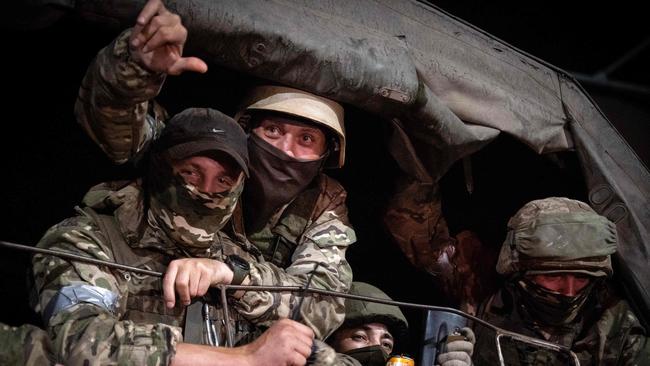
Neither is 1991 helpful as an analogy. The Soviet Union was a compound of 15 ostensibly national republics. They had their own territory, governments, intelligentsia, language and culture. Some had memories of statehood before the Red Army had integrated them into the red empire from 1918 and again from 1939. Talk of secession had been swirling for years and was attractive to the political elites, who could dream of running their own affairs rather than implementing their Moscow masters’ will. The 1991 coup was a catalyst for processes of national formation already well advanced.
What, then, should we make of this latest, bizarre episode in Russia’s history? One way to read the events is as a moment in Putin’s ongoing quest to hold the Russian state together, now even more pressing an issue after his disastrous decision to invade Ukraine.
When Putin became President in 2000, Russia barely had a state worthy of the name: an entity with a monopoly of legitimate violence over a given territory. The professionals of violence – the police, KGB agents, soldiers – were corrupt or had left state service and worked as private security for the new capitalists. With no state to enforce contracts, these violent entrepreneurs needed muscle to make sure agreements would be honoured by their business partners. The result was an unsettling atmosphere of violence.
At the same time, Russia was intellectually freer than it had ever been since 1917. Everybody could say, write and publish whatever they wanted, not least about history. To Putin, this cacophony of voices was part of the same malaise: a lack of direction of society by the state, a symptom of decay.
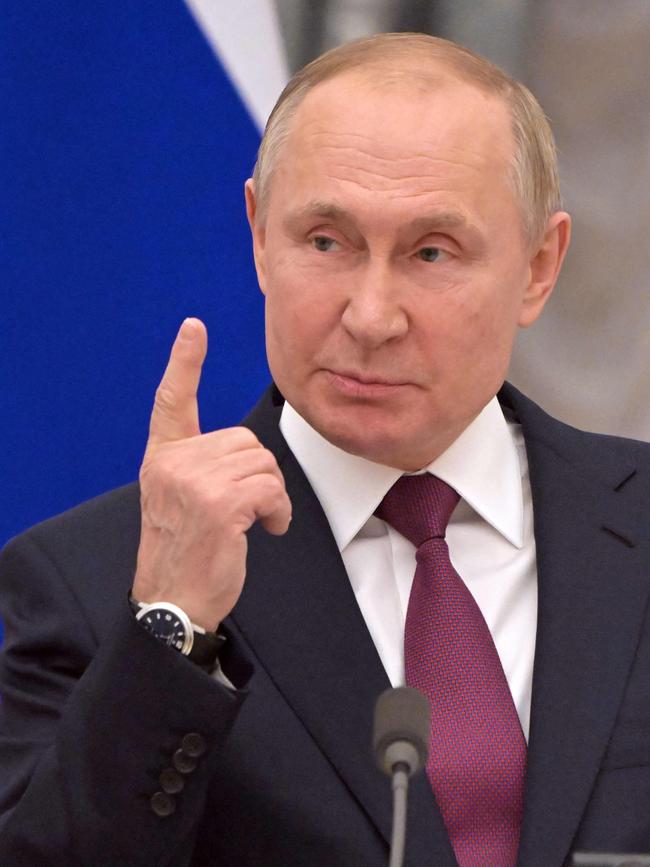
Putin rebuilt a national security state, ended the violence on the streets, forced the oligarchs and smaller mafiosi to acknowledge the state as the ultimate arbiter of disputes, broke up independent media, reasserted a central line in historical interpretation and installed himself as the undisputed head of a reinvigorated Russian state. The opposition was sidelined and, where necessary, murdered.
Paradoxically, however, he did the opposite in the military sphere, often for short-term tactical reasons. Besides regular armed forces, there’s the National Guard, independent from the army, tasked with putting down domestic unrest and protecting borders. And there are private military companies, technically illegal but allowed to flourish.
Prigozhin’s Wagner Group is the most prominent but there are others: Putin’s man in Chechnya, Ramzan Kadyrov, runs National Guard units there as his private army; oil company Gazprom has its own armed forces; and some of Prigozhin’s underlings have started ventures. All of these armed formations are held together only by their leader’s loyalty to Putin – a dangerous situation. If loyalty crumbles, the state’s monopoly of violence yields to the rule of competing war lords.
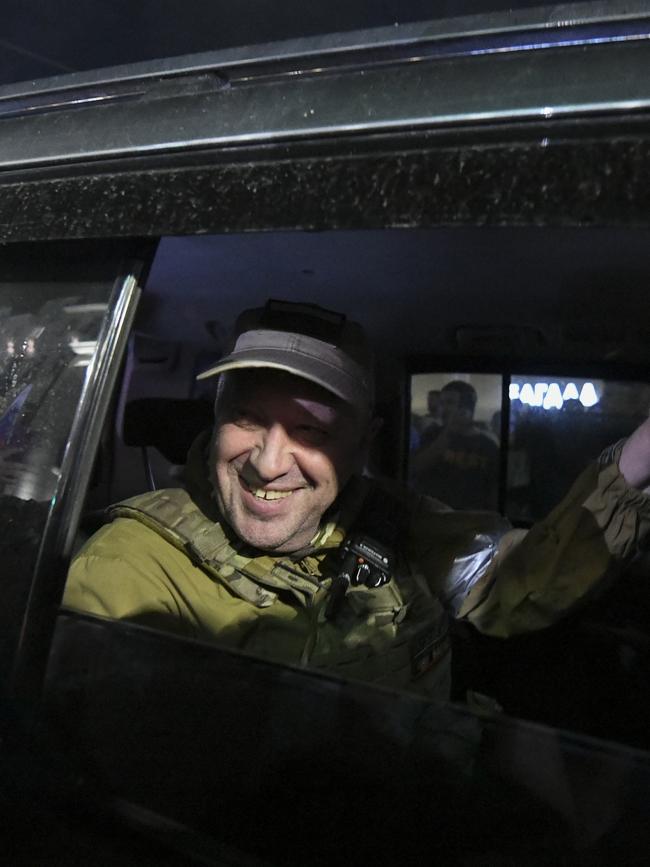
Putin understands this danger. The confrontation between Prigozhin and the Russian state we saw last weekend was touched off by the attempt to bring the private military companies under the control of the Ministry of Defence.
Prigozhin reacted first by ranting, then by marching, but always claiming his target was the ministry, not Putin. Putin had none of it, however, calling him a traitor. Prigozhin then backed down, turned his troops around and apparently accepted exile in Belarus. His mercenaries are to sign up with the state.
Like Kornilov, of course, Prigozhin may have another trick up his sleeve: imprisoned over his coup attempt, Kornilov slipped out of detention in November 1917 and began to fight the new Bolshevik regime as head of the Volunteer Army. He died in action in April 1918.
Professor Mark Edele is the Hansen Chair in History at the University of Melbourne and author of six books on Soviet history.

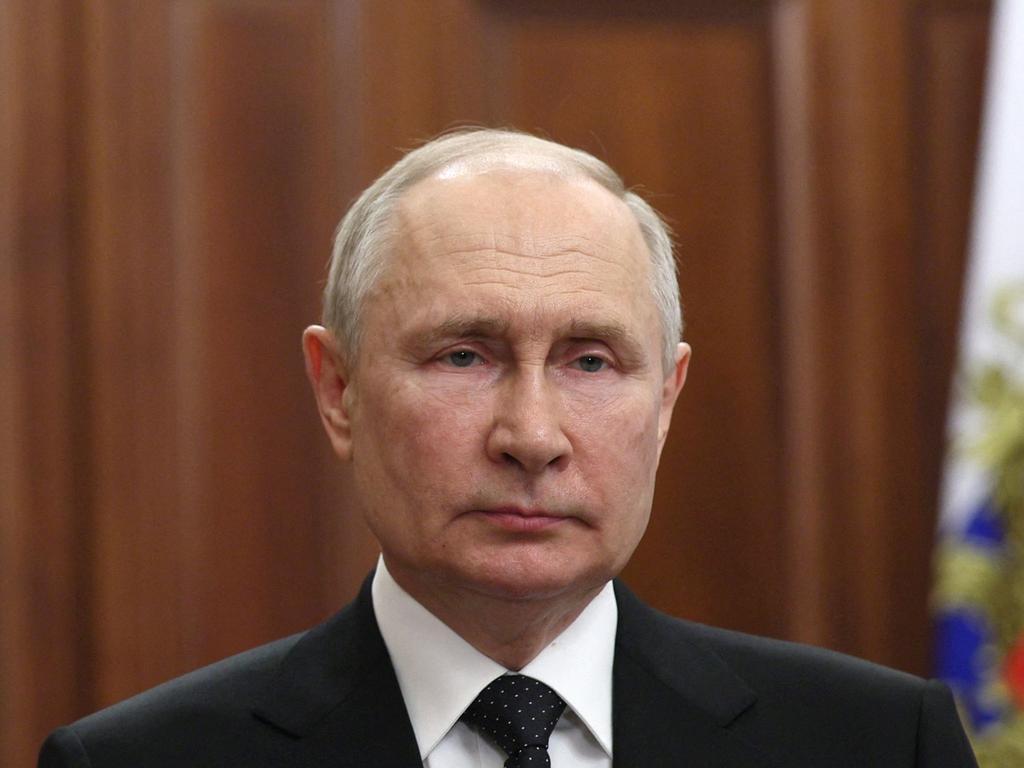

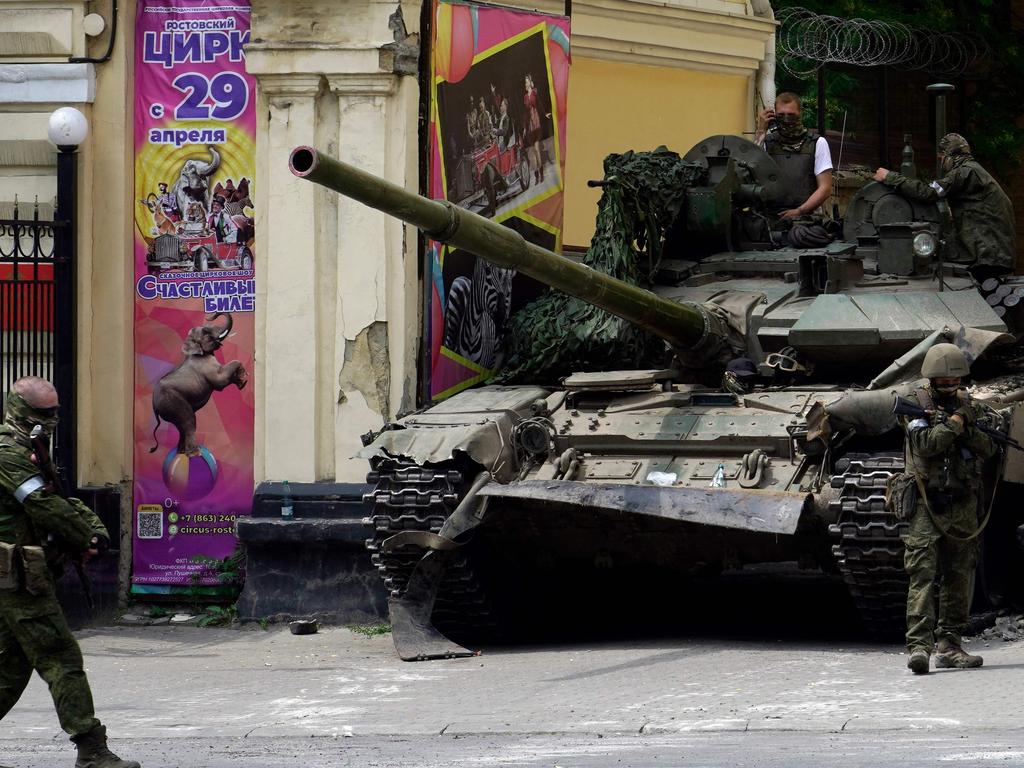



Last weekend, analogies went to war in Russia. Yevgeny Prigozhin’s mercenaries rolled towards Moscow, shooting down helicopters sent to stop them, but then turned around and went home. Astonished by these events, everybody scrambled to find historical precedents.